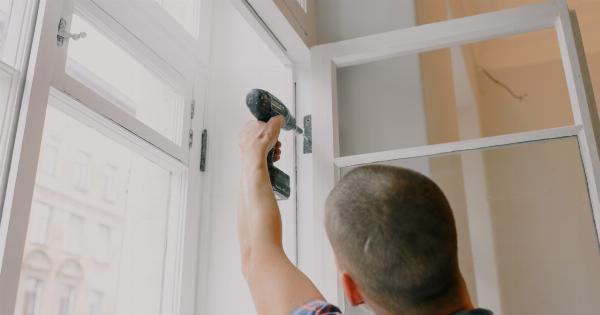Your toothbrush is one of the most important tools in your daily oral hygiene routine. It’s essential to keep it in good condition because it helps remove plaque and bacteria from your teeth, gums, and tongue.
The American Dental Association (ADA) recommends replacing your toothbrush every three to four months, or as soon as the bristles begin to fray or wear out. However, there are other factors to consider when determining if it’s time to replace your toothbrush.
1. Bristle Wear and Tear
One of the most obvious signs that it’s time to replace your toothbrush is bristle wear and tear. Over time, the bristles on your toothbrush will naturally begin to fray and lose their flexibility.
When this happens, they become less effective at removing plaque and bacteria from your teeth. If you notice that the bristles on your toothbrush are splayed or bent out of shape, it’s time to replace it. Replace your toothbrush immediately if the bristles are frayed or broken.
2. Illness
If you’ve been sick, it’s essential to replace your toothbrush, as it may harbor bacteria and viruses that can reinfect you.
For instance, if you’ve had a cold or flu, the germs can stay on your toothbrush for days, even after the symptoms have subsided. These germs can then cause reinfection. Therefore, it’s always best to replace your toothbrush after you’ve been ill.
3. Time
Time is an important factor to consider when it comes to replacing your toothbrush. According to the ADA, you should replace your toothbrush every three to four months.
This recommendation is based on the average lifespan of a toothbrush and the bristles’ ability to remove plaque. However, if you’re using an electric toothbrush, the brush head should be replaced every three months, just like a regular toothbrush. Electric toothbrushes are more effective at removing plaque and bacteria, but their brush heads still wear out.
4. Sharing
Sharing your toothbrush with someone else is never a good idea. Doing so can lead to the transfer of germs and bacteria that can cause oral infections and diseases.
If you’ve been sharing your toothbrush with someone else, it’s time to replace it and get a new one. If you’re traveling with someone and forget to pack your own toothbrush, it’s best to buy a new one than to share.
5. A New Season
Replacing your toothbrush at the start of a new season is a good way to remember when to change it. Some people find it helpful to replace their toothbrush at the start of winter, spring, summer, and fall.
This method ensures that you’re replacing your toothbrush regularly and helps keep it in good condition.
6. Oral Health Issues
If you have oral health issues, such as bleeding gums or tooth decay, it’s essential to replace your toothbrush regularly. Bacteria can accumulate on your toothbrush, leading to reinfection and worsening of your oral health.
By replacing your toothbrush regularly, you can help improve your oral health and prevent further damage.
7. Look and Smell
Another obvious sign that it’s time to replace your toothbrush is if it looks or smells bad. If the bristles are discolored or the toothbrush has a foul odor, it’s time to get a new one.
A toothbrush should never smell bad, and if it does, it’s likely full of bacteria and germs that can lead to oral health problems.
8. After Dental Procedures
If you’ve had dental procedures, such as tooth extractions or oral surgery, it’s essential to replace your toothbrush. The bacteria and germs on your old toothbrush can slow down the healing process and lead to infections.
It’s best to replace your toothbrush after any dental procedure to ensure a quick and successful recovery.
9. Prolonged Storage
If you’re storing your toothbrush in a closed container or other area where it doesn’t dry out between uses, bacteria can grow on the brush head.
If you’re not using your toothbrush for an extended period, such as when you’re traveling, it’s essential to store it correctly to prevent bacterial growth. Additionally, when you return home, you should replace your toothbrush, regardless of its condition.
10. Purely Personal Preference
Finally, you may want to replace your toothbrush based on your personal preference or habits. For example, some people replace their toothbrush after every use or every week.
If you’re concerned about germs or just prefer to have a fresh toothbrush every time you brush, there’s no harm in changing it more frequently.
Conclusion
Your toothbrush may seem like a small and insignificant thing, but it’s a vital tool for your oral hygiene.
By paying attention to these signs, you can ensure that you’re replacing your toothbrush when it’s necessary, thus helping to maintain your oral health and overall health.


























